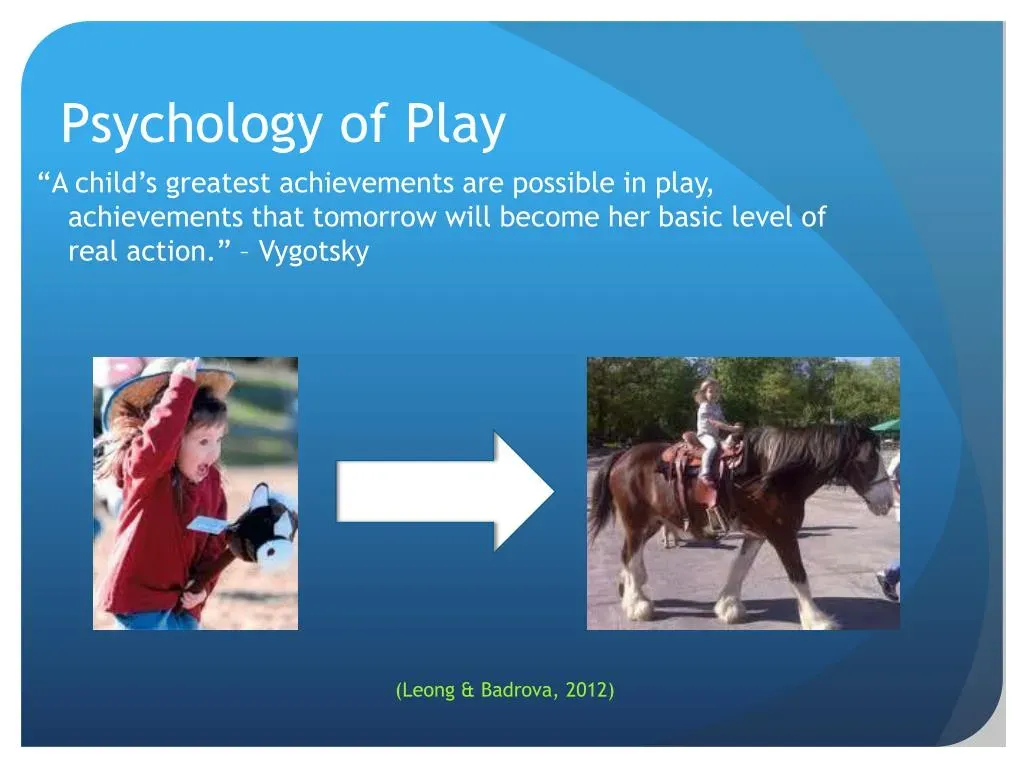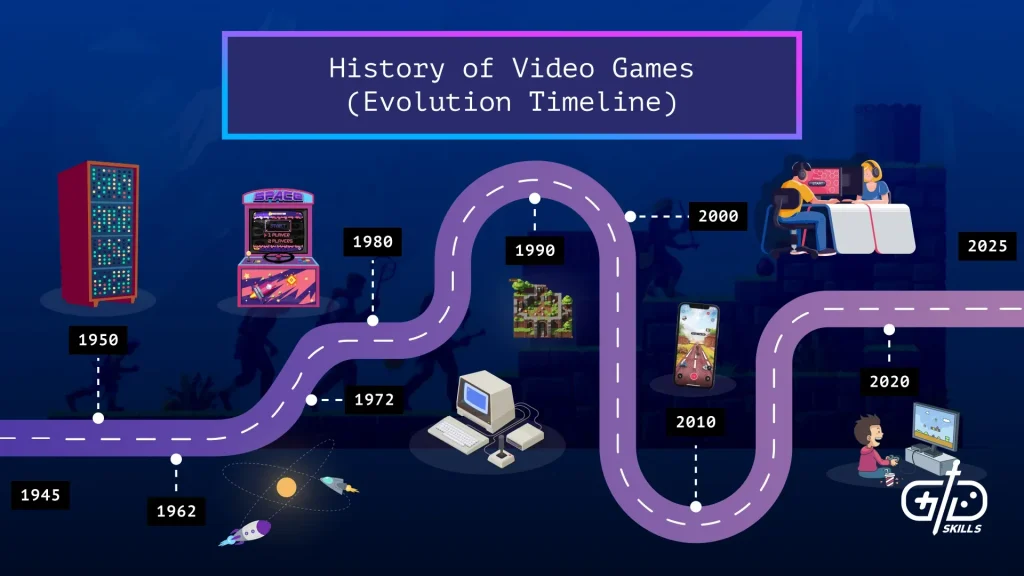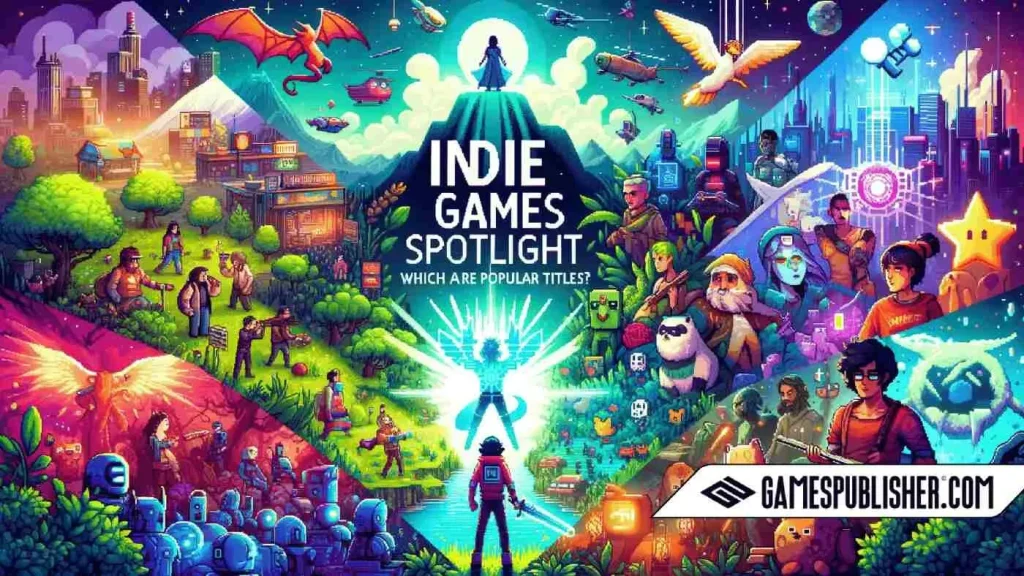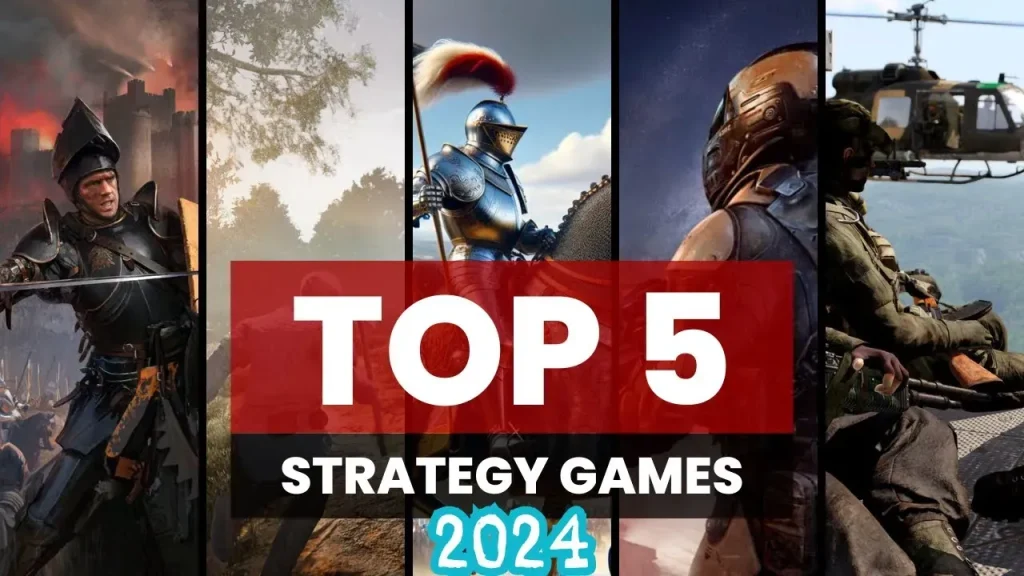Psychology of Play: Why We Love Games and What It Means
Psychology of Play reveals how playful behavior shapes learning, social bonds, and everyday decisions, offering a lens on why we seek challenge, laughter, and connection in many different settings.Researchers show that intrinsic motivation drives curiosity, perseverance, and a sense of competence that sustains engagement even when rewards are not immediate.
Psychology of Play: Why We Love Games and What It Means Read More »










